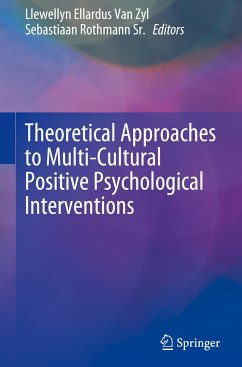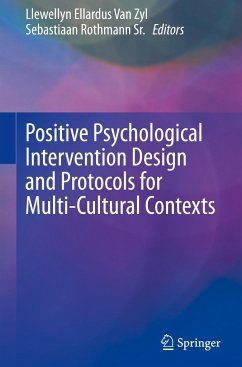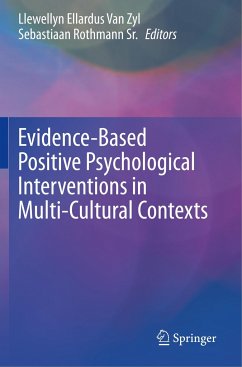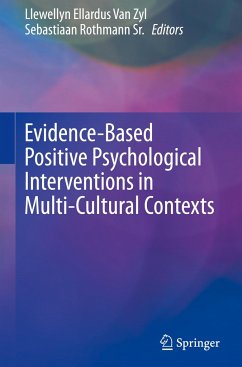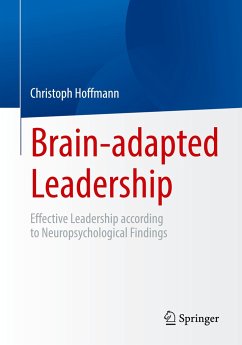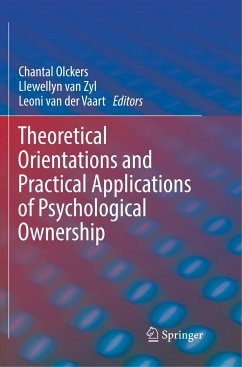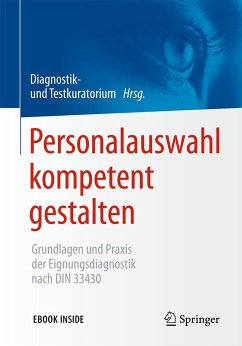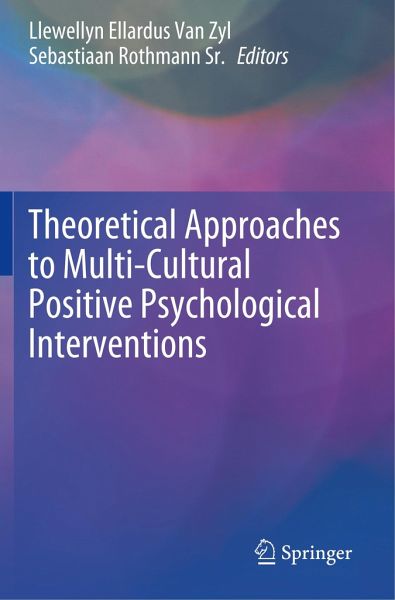
Theoretical Approaches to Multi-Cultural Positive Psychological Interventions
Versandkostenfrei!
Versandfertig in 6-10 Tagen
77,99 €
inkl. MwSt.

PAYBACK Punkte
39 °P sammeln!
This volume provides theoretical perspectives on and approaches to the development or enhancement of positive psychological capacities within various multi-cultural professional and organizational contexts. Specifically, it presents theoretical frameworks for the identification, development and optimization of positive psychological capacities through a contemporary, multi-cultural and multi-disciplinary lens. In recent years, the applicability of positive psychological intervention (PPI) techniques has transposed the boundaries of clinical practice into a wide array of complementary domains s...
This volume provides theoretical perspectives on and approaches to the development or enhancement of positive psychological capacities within various multi-cultural professional and organizational contexts. Specifically, it presents theoretical frameworks for the identification, development and optimization of positive psychological capacities through a contemporary, multi-cultural and multi-disciplinary lens. In recent years, the applicability of positive psychological intervention (PPI) techniques has transposed the boundaries of clinical practice into a wide array of complementary domains such as law, education, business and even design sciences such as architecture. These interventions target the enhancement of positive psychological capacities (e.g. strength-identification and use; high-performance learning; appreciative design; job-crafting) in order to not only improve individual functioning, well-being and the treatment of various forms of psychopathology but also to enhance team functioning/performance, organizational growth and community development. Despite its importance, very little research has been done on the design of PPIs applicable to multi-cultural contexts. The contributions to this volume provide insights into this hitherto neglected area of research.



